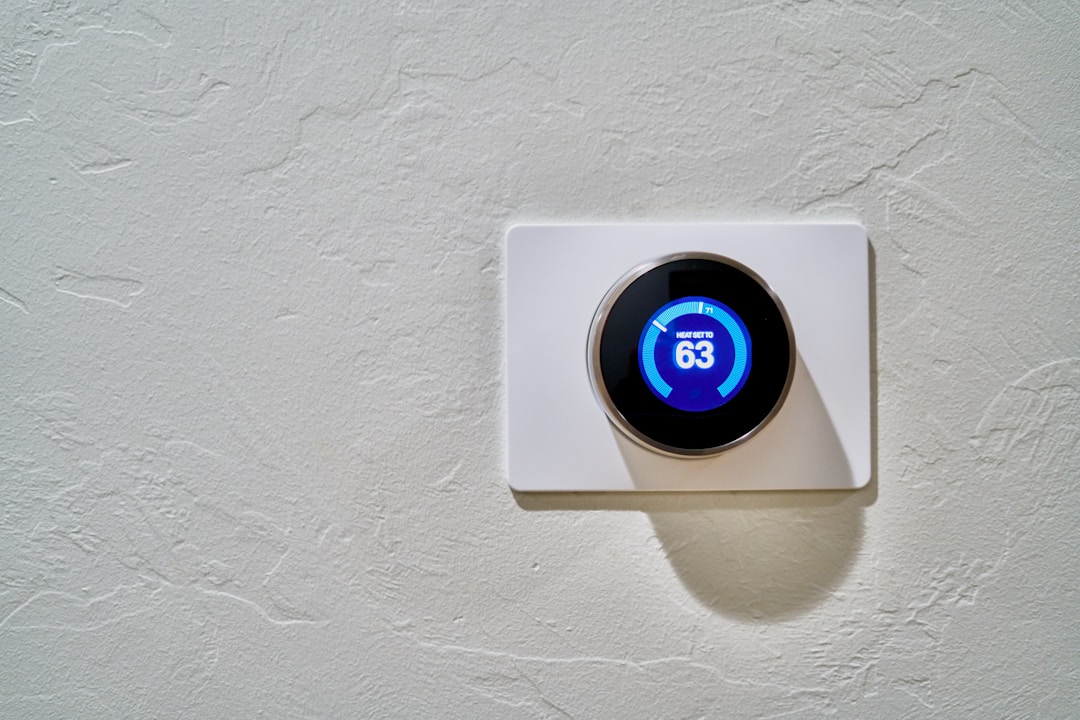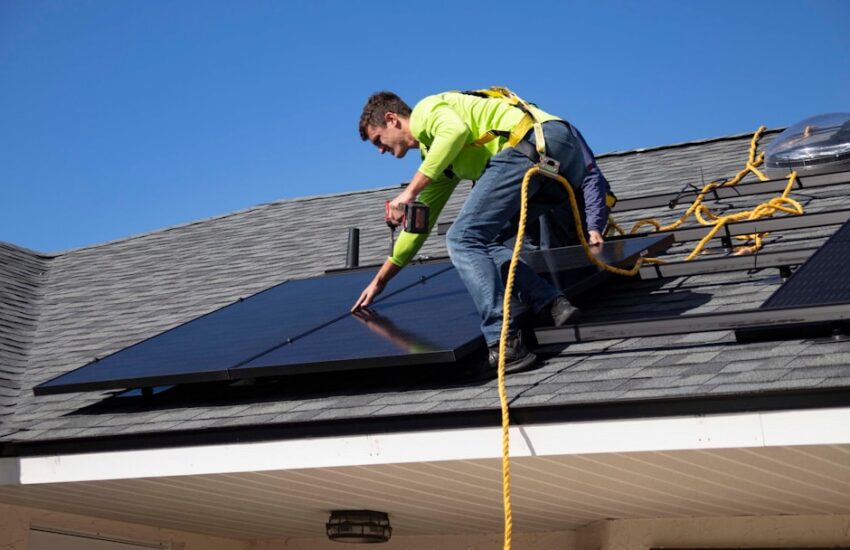How Your HVAC System Can Influence Your Sleep
Sleep is an essential need that impacts both your health and mood. When you sleep, your body recharges and repairs itself to prepare you for the demands of the following day. Given that sleep quality can influence your mind, body, and overall health, it is important that you take steps to ensure you rest well. From buying a quality mattress to changing your drinking and eating habits, there are many things that you can do to get better sleep.
Doctors have long touted the benefits of quality sleep and rest. It is important that you get the quality sleep your body requires each night. One of the things that some people might overlook when considering sleep quality is their HVAC system. However, from humidity and inconsistent temperatures to poor indoor air quality, your HVAC system can have a significant impact on your sleep quality.
If you aren’t getting quality sleep to rejuvenate your mind and body, you need to look closely at your HVAC system. Due to outside temperatures and environmental factors, your HVAC system can influence the sleep you get in your Port Richey, FL home, or wherever you live. Let’s take a look at some of the ways your HVAC system can influence your sleep.
Inconsistent Temperatures

In many cases, people sleep better with lower temperatures no matter what time of year it is. Getting quality sleep will depend on finding your own ideal temperature for comfortable sleep. However, even if you set the perfect sleep temperature on your thermostat, your HVAC system may not be able to maintain that setting. If your heating system or air conditioning fails to provide a consistent temperature all night long, it might be difficult for you to sleep through the night. Inconsistent temperatures can make it hard to fall asleep or cause you to toss and turn and wake up in the middle of the night.
Factors such as leaky ductwork, thermostat malfunctions, inadequate airflow, or mechanical issues can cause your HVAC equipment to falter. The best way to solve problems with inconsistent temperatures is to have a qualified HVAC technician inspect and service your equipment regularly.
Poor Indoor Air Quality
.1).jpg)
Poor indoor air quality is another HVAC-related issue that can wreak havoc on your sleep quality. As your system recirculates air in your home, you might breathe in pollen, dust, pet dander, or other contaminants. If you have allergies, asthma, or other respiratory conditions, breathing in airborne pollutants could induce sneezing, coughing, sore throats, eye irritation, and headaches. You will probably have a difficult time sleeping and resting due to issues with your indoor air quality.
Consistently checking and changing your air filters is the best way to improve your indoor air quality. Aside from this, your home’s air is also impacted by dirty ductwork and system components. Having your system cleaned regularly by a service technician will help reduce air pollutants and allow you to sleep better.
Uncomfortable Humidity Levels
Overly high or low humidity levels can make you feel very uncomfortable and impact your ability to get a good night’s sleep. A home with high humidity levels will make you feel sticky and stuffy at night and likely prevent you from sleeping. However, if your humidity level is too low, you might feel dry and itchy. Depending on where you live and outside conditions, you may have to humidify or dehumidify your home to improve your sleep. A properly maintained HVAC system will be able to better handle humidity demands.
A good night’s sleep is invaluable, and the last thing that you want is your HVAC to prevent you from resting. From poor air quality to uncomfortable humidity levels, your HVAC has much to do with your ability to sleep at night. With routine maintenance and care, you can eliminate any issues with your HVAC that might impact your sleep.



